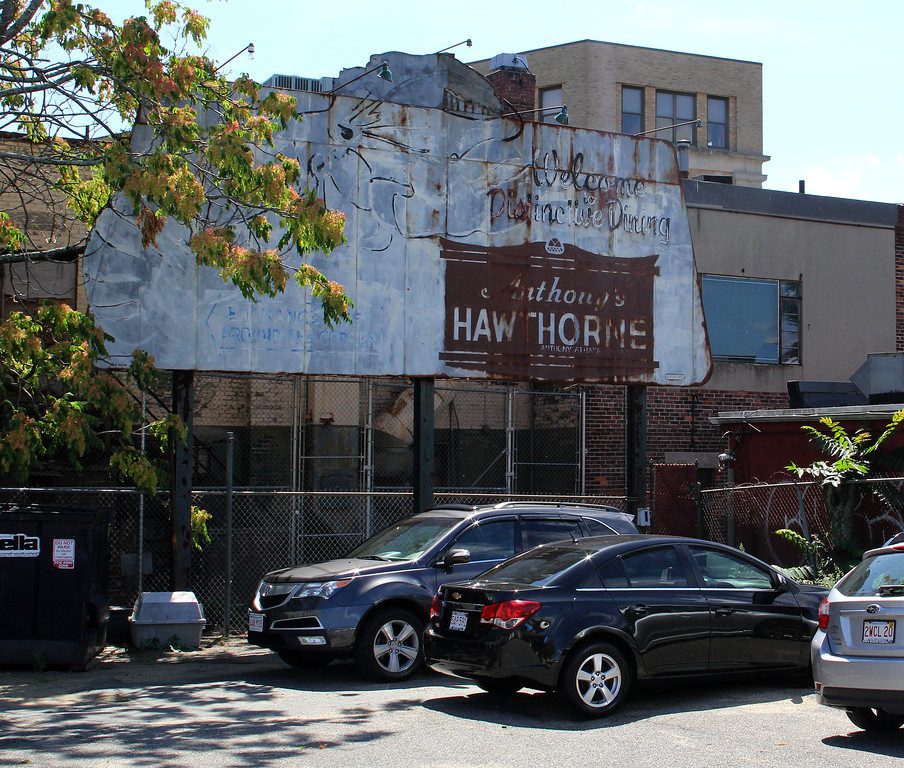SWAMPSCOTT — The Select Board, Finance Committee, and Capital Improvements Committee held a joint meeting on Wednesday to discuss the financial standing of the town in view of the proposal to acquire the Hawthorne By the Sea restaurant property on the town’s waterfront and two parcels of undeveloped land on Archer Street.
The proposed acquisition of 9.5 acres of land in total would cost the town about $8.875 million and would be financed from the general debt fund, said Patrick Luddy, Swampscott’s treasurer.
The Select Board has secured purchase agreements with the Athanas family who owns and operates the Hawthorne By the Sea restaurant for $7 million and owns one of the plots at Archer Street for $400,000. The Select Board is hoping to reach a purchase agreement for the second Archer Street plot with the P&K Trust for $465,000, said Spellios.
Swampscott and the Fin Comm have been very disciplined about budgeting and building reserves, said Town Administrator Sean Fitzgerald. The town’s general stabilization fund has grown from $2.066 million in the fiscal year of 2016 to $7.271 million in 2022, while total reserve funds increased from $3.729 million to $12.386 million.
“Over the last five years, Swampscott has had among the lowest tax increases out of the 351 cities and towns in the Commonwealth,” Fitzgerald said.
Swampscott currently has AA+ credit rating and $88 million of outstanding debt, including $68 million for the new school. The town has budgeted $6.86 million for debt service for the fiscal year of 2023.
Although the rates have increased across the board over the past four months, the bonding market continues to look attractive, said Fitzgerald.
“We are still in a very favorable period of time to look at using our debt service and the power of the town’s financial position to acquire properties that would help us meet some of those broader master plan goals,” Fitzgerald said.
The town would seek to structure the transaction in a manner that yields the best rates the market can offer and time the transaction so that payments fit within the budgetary constraints, said Fitzgerald.
Luddy estimated the all-in financing cost of the land acquisition at 3.8-4.49 percent.
There are different ways to structure the debt for this land acquisition, said Luddy.
“We have to hash that out. But being a land acquisition project, we can bond this project for up to 30 years using general obligation bonds,” said Luddy.
Depending on structuring, the town might not have to pay a large principal payment until the fiscal year of 2024 and have no payment in FY23, which would help prevent adjusting the budget that has just been passed.
“We also have the opportunity to leverage short term notes in a manner that would allow us to push principal payment out to FY25,” Luddy said.
The town can moderate the tax impact of the project through its reserves. Luddy estimated the impact of the land acquisition project on the median single family home tax bill at $83-$110 without the use of the town’s reserves.
“We are in a good position to take on a project of this scope and still manage the tax rate,” Luddy said.
Participants of the meeting discussed loss of tax revenue from the Hawthorne By the Sea restaurant property, if the town chooses to turn it into an open space.
“We have seen a number of new business opportunities in Swampscott and we are generating more non-real estate tax revenue,” said Fitzgerald. “I think we can continue to focus on economic development and continue to look year-to-year where we can build capacity and where we can find room for balancing all of the town’s needs.”
Spellios said that all the negotiations with the Athanas family happened before this year’s annual town elections and were driven by the desire to have more open space, when Chapter 40B projects limit the town’s control over development.
“I will just give my opinion, you should assume no tax revenue from the Athanas’ site after the sale,” said Spellios. “The $80,000 a year that we are losing from the real estate taxes on the Hawthorne is inconsequential relative to the net gain for our community to have this be an open community space.”
His opinion was supported by a few other members of the Select Board, including Catherine Phelan, Neal Duffy and David Grishman. The Select Board member MaryEllen Fletcher said the Fin Comm should conduct an analysis of the potential lost income and the town should engage in an open dialog about possible uses of the property.
“I think there is a pretty exhaustive community process still to come here,” said Spellios.
The Special Town Meeting on June 14 will discuss and vote on land acquisition, new zoning multi-family overlay for the former Glover House restaurant property and capital improvements budget discussion of which was indefinitely postponed at the Annual Town Meeting on May 16.
The Select Board indicated last week that it was having discussions about housing development with a Boston-based developer Leggat McCall Properties who is buying the former General Glover House restaurant site near Vinnin Square from the Athanas.
Both the Capital Improvements Committee and the Finance Committee will continue deliberation of the land acquisition and recommendations for the Special Town Meeting in the next few weeks.
Alena Kuzub can be reached at [email protected].

